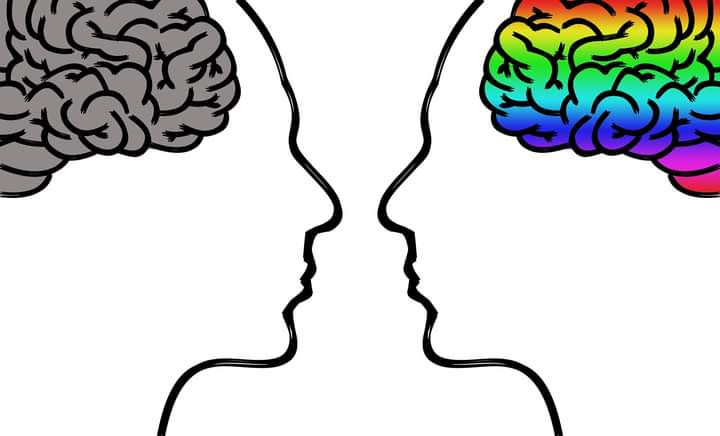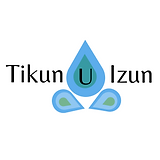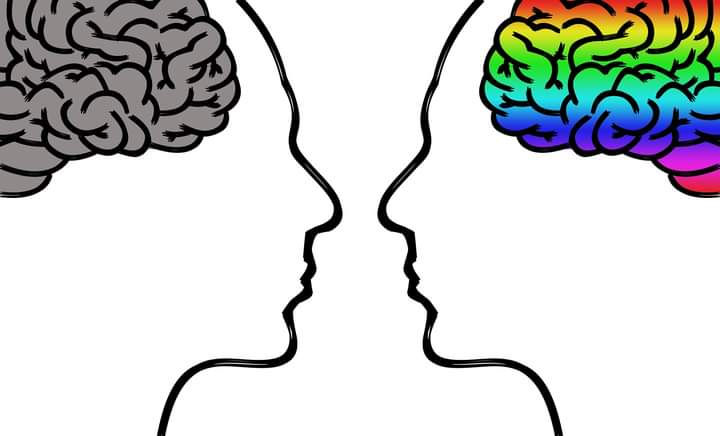What is Emotional Intelligence?
- Debora Wiseman
- 28 de mar. de 2023
- 5 min de leitura

What is Emotional Intelligence? Fundamental Skill To Achieve Our Goals!The concept of this ability became very popular with the publication of the book “Emotional Intelligence” by Daniel Goleman, based on the concept defined by researchers Peter Salovey and John Mayer in 1990 Goleman defined the concept of emotional intelligence as “the ability to identify our own feelings and those of others, to motivate ourselves, and to manage emotions well within ourselves and in our relationships”. With this skill developed, the person can deal with the most varied situations and improve performance, in studies, at work and reach their personal and professional goals and becomes capable of making the best decisions in all aspects of her life. Knowing how to act in times of pressure and difficulty and improving interpersonal relationships depends on how thoughts, feelings and attitudes are managed. This is a skill that can be developed throughout our life. However, for emotional intelligence to be developed, it is necessary to acquire specific knowledge about yourself and others around you. It is possible to deal with people and their emotions, as well as understand their own feelings, through the development of skills. This skill, when well worked, favors good relationships between individuals, allowing for greater understanding in personal and family relationships and better communication at work. Emotional Intelligence promotes improved physical, mental and emotional health. It prevents psychological disorders such as anxiety and depression, as well as psychosomatic disorders. The individual is able to control his feelings, his impulses, to become self-motivated and promotes the improvement of the ability to concentrate on the activity he needs to develop, dealing with emotions to achieve the best possible result. Valuable tips on how to develop this behavioral skill.
In his book, Goleman listed the five main pillars of emotional intelligence that a person needs to have if they want to develop this skill.
These pillars are:
1. Self-knowledge: Knowing your own emotions: The first step to conquer EI is self-knowledge. To have EI, it is fundamental to understand one's own feelings: to know how to recognize one's capabilities and limits. When there is awareness of one's own skills, the individual has the ability to define goals and objectives, turning dreams into reality. Developing emotional intelligence is something done little by little, and gradually, as this concept can be modified over time.The brain can be trained to engage in emotionally intelligent behaviors and turn them into habits.
2. Control your emotions: Recognize negative emotions through physical reactions;
Identify triggers and situations that cause these emotions;
Knowing how to identify the proportion of reactions to the situation.Learn to work with negative emotionsIn order for one's own well-being to be guaranteed, it is essential to keep negative emotions under control.
Emotional Intelligence is a powerful tool, it presents us with a more balanced view of life, benefiting us with self-regulation of our feelings. We don't just have good times and good feelings. When negative emotions appear, it is necessary to be in control and not let them control us.
3. Self-motivation: It means being able to maintain motivation even in the face of pressure, difficulties, and challenges that arise, it is one of the domains necessary for emotional intelligence.Facing mistakes and problems positively and trying to see and reframe them as an experience and learning is a way to avoid making decisions impulsively. Therefore, self-motivation helps you to rise and stand firm.
4. Empathy: Simply and objectively defined, it is the person's ability to step out of the first person's comfort zone and put themselves in the other's shoes, trying to understand the emotion and feeling that the other is experiencing at that moment.5. Knowing how to relate interpersonally: It means putting resilience into practice. Difficult situations arise in all of our lives. What differentiates people is how they react to these situations. Resilience is in receiving the impacts of difficulties in our routine and having the capacity to absorb them, remaining strong and focused, learning from our own mistakes and dealing intelligently with the facts and challenges that life presents us with. Being resilient is being aware that people need to keep in mind that they need to maintain a good relationship with each other, so that coexistence is more respectful and pleasant.What are the benefits of developing emotional intelligence?
Now that we can understand what emotional intelligence is and its importance, we can understand that it is not a very easy skill to develop and therefore requires a lot of dedication.
People motivate themselves to develop emotional intelligence, below we list the benefits it can provide both in personal and professional life.
>>> Benefits in personal's life
It is worth remembering that these are just some of the many benefits that exist;
>>> Healthy and lasting relationships;
>>> Decreases anxiety and risks of depression;
>>> Balance;
>>> Wellness;
>>> Self-knowledge;
>>> Satisfaction with life in general;
>>> Ability to face and solve day-to-day challenges;
>>> Emotional Intelligence in professional life
Already, the main benefits that emotional intelligence provides for professional life are:
>>> Improved decision-making power;
>>> Knowing how to manage time better;
>>> Better sociability with co-workers;
>>> Ability to set goals;
>>> Increased productivity;
>>> Emotional balance in the face of challenges;
>>> Decreases anxiety at work;
>>> Increases focus for the fulfillment of tasks;
>>> Improves accountability and commitment.
In conclusion, Emotional Intelligence is a powerful tool for us to achieve excellence both in our personal and professional lives. Dealing well with different people and situations can be the key to breaking down barriers and limits. But, we have seen that achieving Emotional Intelligence can be a great challenge. Therefore, having the help of a varied team of professionals such as a therapist, coach and psychologist can make this journey much easier.
Testimonial by Rafael Rocha: "It is with great pleasure that I share my testimony about the work of Debora Wiseman who took the Practitioner course in NLP with me, through the iNLP Center. During her progress, she had ups and downs and almost gave up, but her persistence and calm with herself to take the course at her own pace allowed her to see it through to the end.The change that Debora had in her personal development was visible, becoming a better listener and meditating on important changes in her behavior. She now communicates more clearly and effectively and is able to turn negative thoughts into better ways of thinking.I need to highlight that the application of NLP techniques, especially reframing and perceptive positions, according to her testimonies, had many positive results in her family relationships, highlighting her daughter and her husband who noticed these changes.I am proud to see Debora's progress and hope that she can bring her new knowledge to as many people as possible.
IMPORTANT: We are Holistic Therapists and our treatment is alternative. Even with satisfactory results, it is essential to emphasize that only duly qualified physicians can diagnose diseases, indicate treatments and prescribe medication.
All the best!
Shalom!
Debora and Daniel Wiseman





Comentários